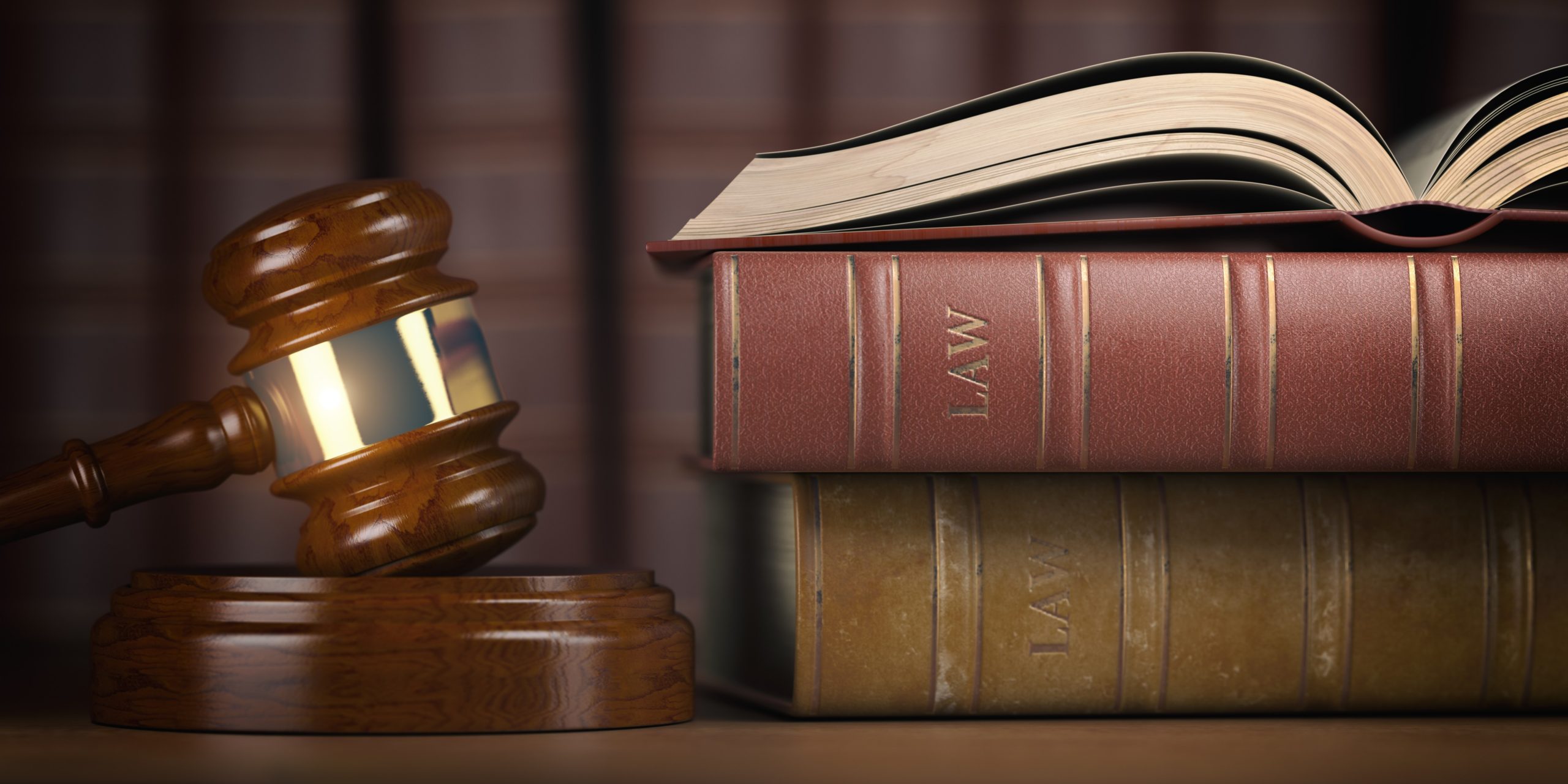7 Qualities That are an Indication of a Good Truck Accident Lawyer – Guest Post

Suppose you are planning on hiring the services of a truck accident lawyer for your injury claim. In that case, you must do your due diligence and ensure that the law team has the experience and knowledge required to provide the best possible outcome. Hiring the right truck accident lawyer can make the difference between a compensation claim worth pursuing or one that has sat on the back burner for years. Only the best lawyers can prove all four elements of personal injury law, which is the only way to get fair compensation.
Here are 7 Qualities That are an Indication of a Good Truck Accident Lawyer
- A Good Truck Accident Lawyer Will Have Experience
To obtain results, you need a qualified truck accident lawyer who is experienced and has a proven record of success in such cases. Remember that accidents do not occur daily, so an experienced truck accident lawyer will know exactly how to proceed during a successful claim.
- A Good Truck Accident Lawyer Will Have a Full Understanding of the Negotiating Process
An experienced truck accident lawyer must be able to understand you as a client and approach your claims with the utmost professionalism and seriousness. They must also understand the intricacies of negotiating to secure the best possible result for your claim.
- A Good Truck Accident Lawyer Will Have Previous Experience wsith Your Specific Injury
An experienced truck accident lawyer will know exactly how to help you achieve the best possible outcome for your injury claim, which means they will have an intimate understanding of the type of injury you have sustained.
- They Will Provide Free Initial Consultation
A truck accident lawyer who values the importance of the client-lawyer relationship will provide you with a free initial consultation to feel comfortable in your decision to hire their services. After all, if you cannot afford representation or are not convinced by their services and want to hire another lawyer instead, then it would be best to know as soon as possible rather than later on.
- They Will Make Sure That the Claim Process Runs Smoothly
To achieve the best possible result for your claim, a good truck accident lawyer will work closely with you throughout the negotiation process, which can be difficult and time-consuming. If your lawyer does not keep you informed about developments or changes in your case, this can unsettle you and make it more difficult for you to provide your input.
- They Will Help You Identify Any Potential Legal Error
In a truck accident claim, the legal process can be complicated, and it can be challenging to identify any potential legal problems. Your lawyer will work with you to identify any possible mistakes and ensure you know all your options to help you avoid any further issues.
- The Best Lawyers Will Make Sure That You See the Results of Their Work Quickly
If your truck accident lawyer is not achieving the results they promised you; it is good to know sooner rather than later. It is difficult to determine whether or not a lawyer is capable of achieving the result you desire if you do not see what your outcome will be. It can make it challenging to decide whether or not to hire their services. Finding out the work of your claim will help you determine whether or not they can achieve the desired result.
The trucking industry sees many individuals falling victim to accidents due to their dangerous nature. With technology at its peak, many accidents could be avoided in today’s modern world if there were more safety practices in place.
Author
Bala Adalarasan is a Digital Marketing Specialist. He is the founder and CEO of Orange Digital Marketing, a digital marketing agency that always stays in touch with modern technology. Legal, Technology, and digital marketing are three of his favorite topics to write about. He strongly believes technology can help humans to achieve unbelievable things that can make the future great. Bala’s personal motive is to raise people’s awareness of the value of technology in modern society through his writing.
























